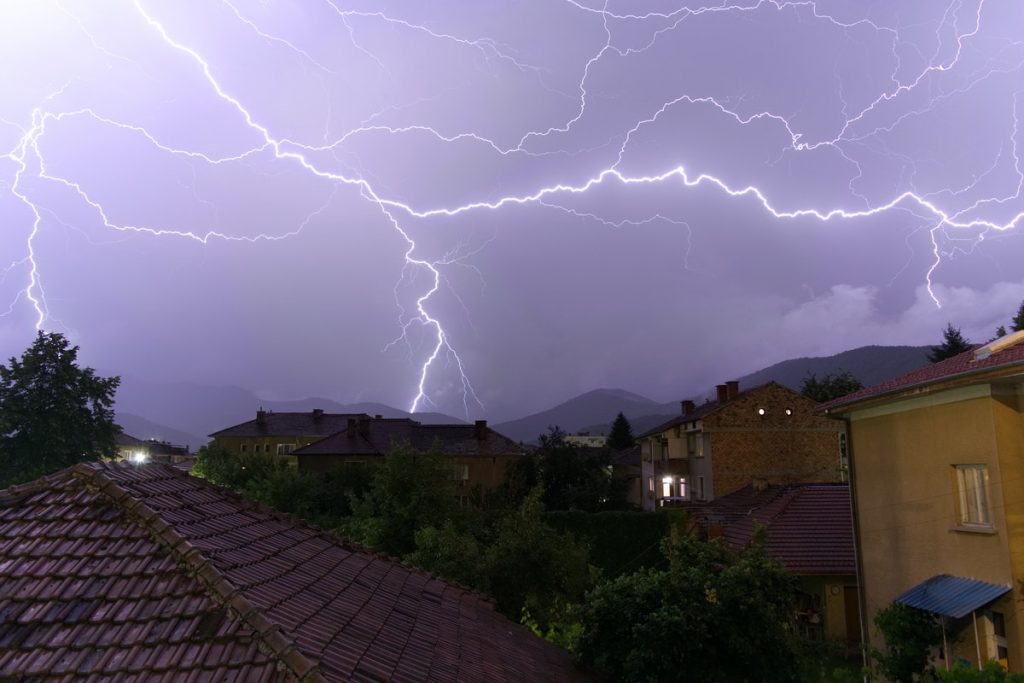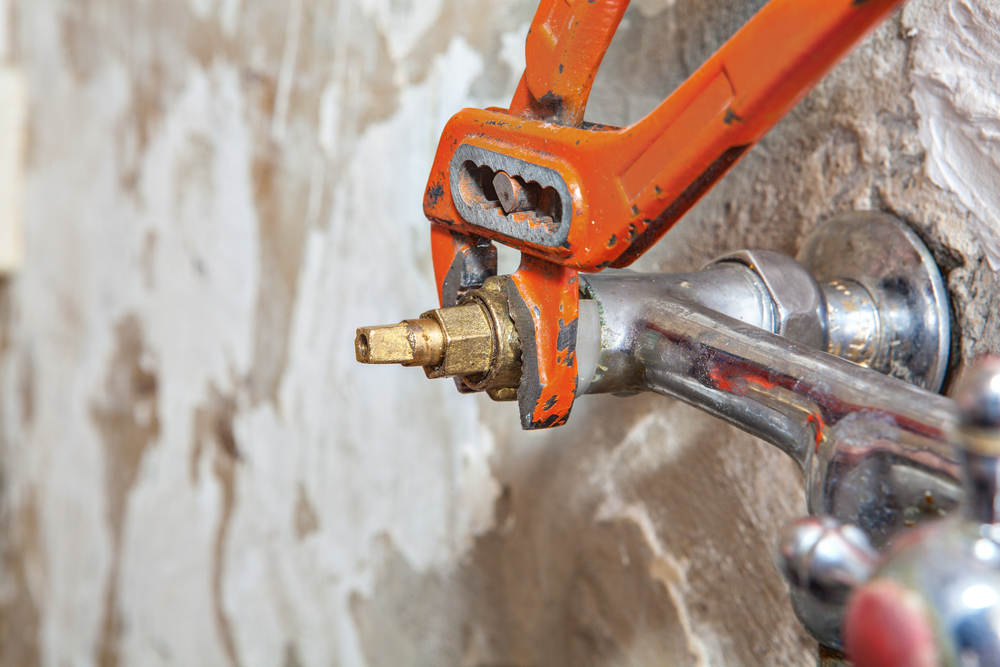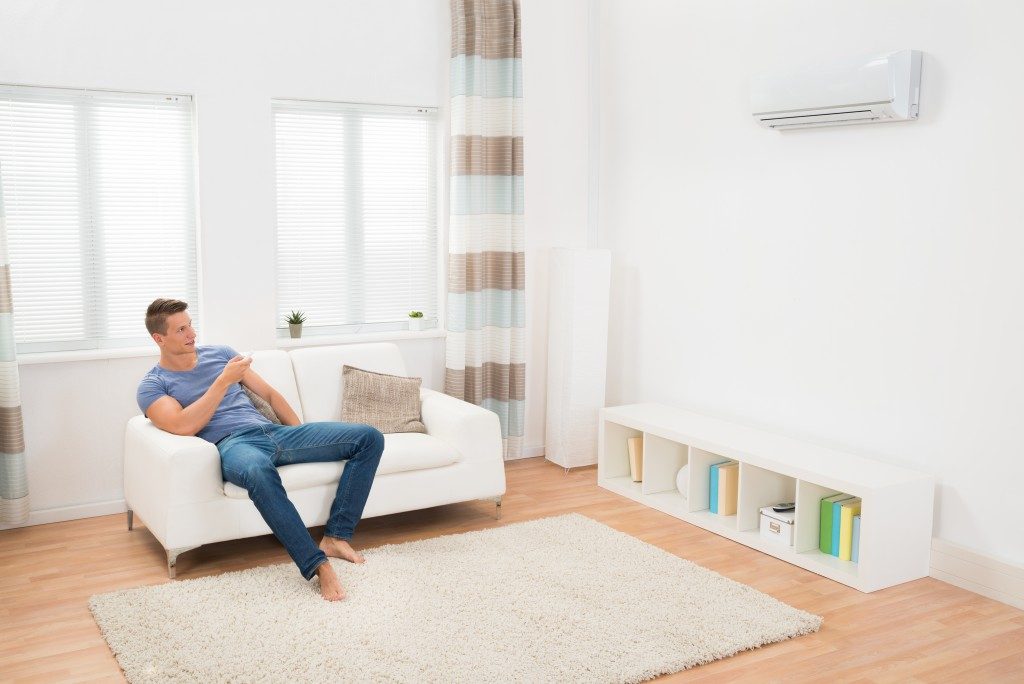Spring brings a lot of great things. Flowers, sunshine, new beginnings. It also brings the rain. And with the rain comes leaks in your roof that can lead to some major water damage to your home. But before you panic, here are some ways you can handle this problem and prevent any costly repairs from happening.
- Contact a reputable contractor for emergency leak sealing services.
- Clear gutters and downspouts to make sure water is flowing away from your house.
- Be smart about what you store near or under your roof.
- Seal the open spaces in the perimeter of your home.
- Perform an inspection of your roof
- Make sure all attic vents are clear of debris and have screens in place for venting hot air.
- Always maintain a safe distance from your roof during inspections and repairs.
- Improve ventilation in your home.
- Make sure your home is well-insulated.
Contact a reputable contractor for emergency leak sealing services.
Just because it’s raining doesn’t mean you should ignore the problem until it worsens. Emergency roof repair services can patch up any leaks in your roof quickly and efficiently, preventing any damage to your home. If you notice signs of flooding like standing water or moisture on the ceiling, contact a professional contractor immediately. Even if they can’t make it out right away, they will be able to schedule a time to come out later so you don’t have to worry about the problem much longer.
Clear gutters and downspouts to make sure water is flowing away from your house.
One of the most important things for your roof is to have unobstructed water drainage. If water pools on your roof, it can begin to seep into your ceiling and walls which can lead to costly repairs that are beyond the reach of DIYers. Make sure you clean out any debris from your gutters so they can divert excess rainwater away from your roof and the problem can be fixed quickly and easily.
Be smart about what you store near or under your roof.
If you have things stored under your eaves like firewood, bicycles, furniture, etc., it might be time to relocate them to prevent any leaks from starting in the first place. These items could impede proper drainage, leading to even more problems down the road. Make sure you place them away from your roof to avoid any issues that might lead to leaks and water damage inside your home. This will also keep these items from being damaged by the rainwater.
Seal the open spaces in the perimeter of your home.
Most people don’t think about sealing up small cracks or openings around their house like they do with doors and windows. However, these small spaces can add up and create a bigger problem like air infiltration that leads to higher energy bills and poor indoor air quality. By sealing the open spaces around your home’s perimeter, you bring this risk down which also serves to keep water out of your house in the event of leaks or flooding.
Perform an inspection of your roof
Even before the rainy season starts, you should inspect the areas of the roof that are most susceptible to water damage such as skylights, chimneys, or valleys, and replace shingles if necessary. This is a cost-effective preventative measure that you can take to avoid any major roofing problems before they start.

Make sure all attic vents are clear of debris and have screens in place for venting hot air.
Your roof is only as strong as its support system, and your attic helps provide additional support to the roof from beneath. When this area is filled with debris, leaks can occur and be difficult to detect. Clean out any accumulated leaves, twigs, branches, or other organic matter from your attic as well as the roof vents and make sure they’re clear of any blockages before the rainy season starts.
Always maintain a safe distance from your roof during inspections and repairs.
Fall injuries are common with construction work, especially on roofs. To avoid any falls, maintain a safe distance from your roof at all times during inspections or repairs, keeping in mind the added risk of slick surfaces during wet weather that can increase your chances of falling.
Improve ventilation in your home.
When there are leaks in your home, the best way to prevent mold is to improve ventilation. If there are any moist or wet areas in your ceiling, the warm temperatures inside your house combined with humidity will increase the likelihood of mold growth. This can lead to costly repairs down the road. Make sure you open up windows and doors on dry days when it’s not raining so that fresh air can come into your home and any dampness can be dried out.
Make sure your home is well-insulated.
Insulation will prevent heat loss through the roof which can lead to cold spots on the ceiling that might create leaks in the first place. This is especially important during the winter when warm air escapes through your roof and leaves cold spots that can lead to ice dams and leaks. By insulating your home, you reduce this risk and keep water out in the event of a leak so it doesn’t have an opportunity to form ice or damage your insulation or rafters below.
Taking the necessary precautions before the rainy season starts can help you avoid water damage and leaks in your home. Make sure to store your items away from the roof, seal up any open spaces around your house, and inspect the roof for any damage. Additionally, make sure to improve ventilation and insulation in your home to keep moisture out.




